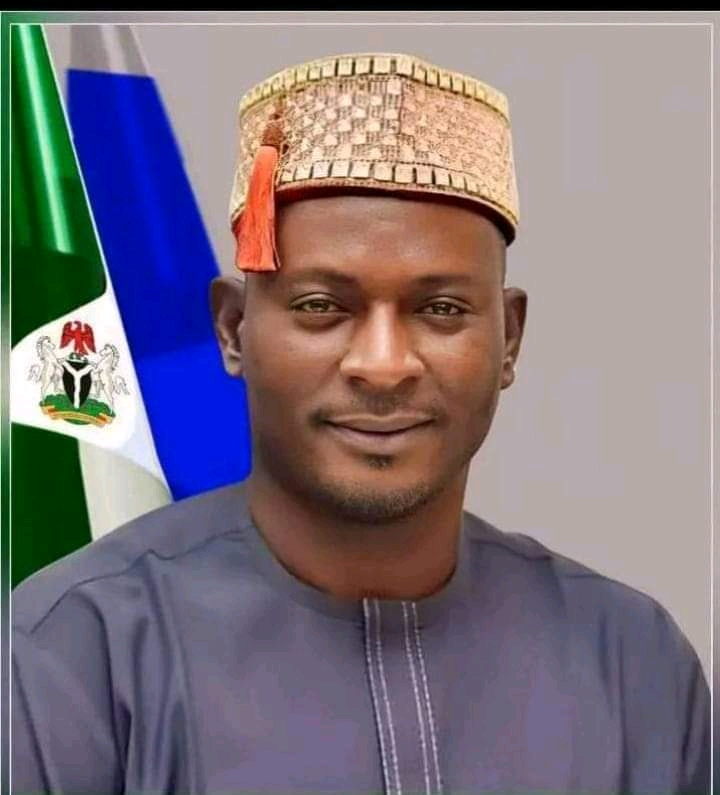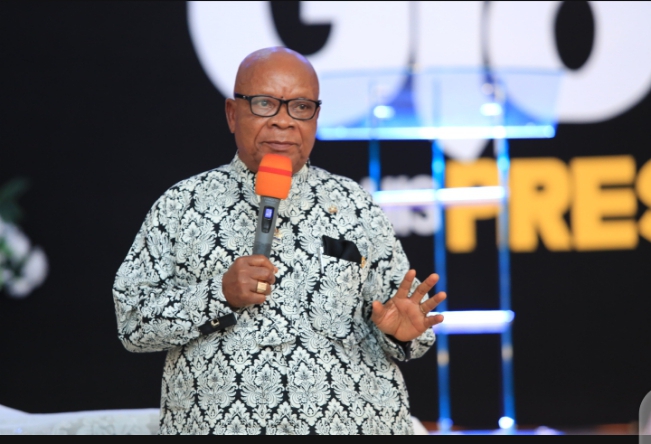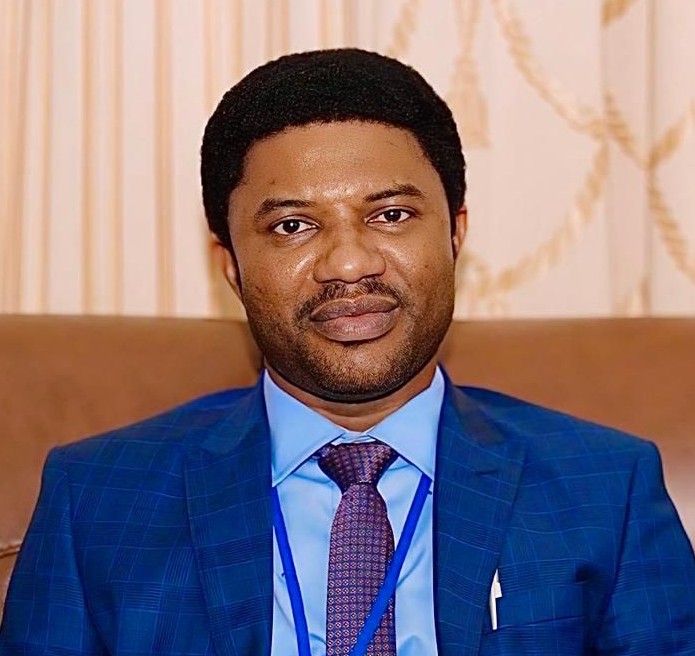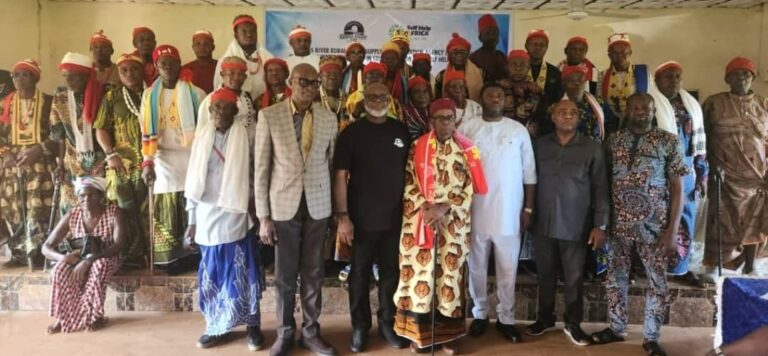
Moses Osogi is recognized as a vital figure in environmental governance within Cross River State, serving as the Commissioner for Environment. His profile integrates solid academic credentials, extensive political experience, and effective management of environmental projects, reflecting a career dedicated to sustainable development and ecological stewardship.
Born and bred in Abi Local Government Area, his educational journey began at Presbyterian Primary School Anong-Bahumono, followed by secondary education at Edanafa Secondary Commercial School in Ediba. He furthered his studies at the University of Calabar, earning a Bachelor’s degree in Environmental Education with a concentration in Tourism and Ecosystem Management, then proceeded to the University of Uyo for a Master’s degree in Environmental Health Management. Currently, he pursues doctoral research focusing on environment and development, illustrating a strong commitment to academic excellence and the application of research to policy.
READ ALSO: Gov Otu Flags Off Construction of 10km Ndok Junction-Mbube-Okubushuyu Road
Osogi’s political and governance career commenced during university, where his engagement in student union activities allowed him to develop leadership skills and a passion for public service. He transitioned seamlessly into governmental roles, first serving as Honorable Supervisor for Environment, Sanitation, and Water Resources in Abi LGA and later as Senior Special Assistant to the Cross River State governor. He has also played instrumental advisory and leadership roles within both the People’s Democratic Party (PDP) and the All Progressives Congress (APC), enhancing his experience navigating Nigeria’s complex political landscape.
Among his professional accomplishments is his management of a UNEP-funded community-based reforestation project in Ghana. This project combined scientific research in tree species selection and community agronomy with an innovative approach to carbon credit markets, aimed at empowering rural farmers and promoting sustainable land use—a model potentially adaptable to Cross River State’s rural landscape.
Locally, he maintains close partnerships with environmental NGOs that focus on biodiversity conservation and enhancing rural livelihoods through sustainable ecosystem management. Osogi’s leadership in organizing and institutionalizing monthly sanitation exercises throughout Cross River State underscores his commitment to practical interventions that improve urban hygiene and enhance public health.
Colleagues and community leaders recognize Osogi Moses as a humble yet resolute leader whose steadfast approach balances policy formulation, community engagement, and transparent governance. Even amid public controversies and allegations—none of which have been substantiated—he advocates for due process, transparency, and continued reforms within the environmental sector.
In summary, Osogi Moses’s profile exemplifies the combination of educational rigor, extensive governance experience, and grassroots activism necessary to advance sustainable environmental policies and strengthen ecological resilience in Cross River State.




